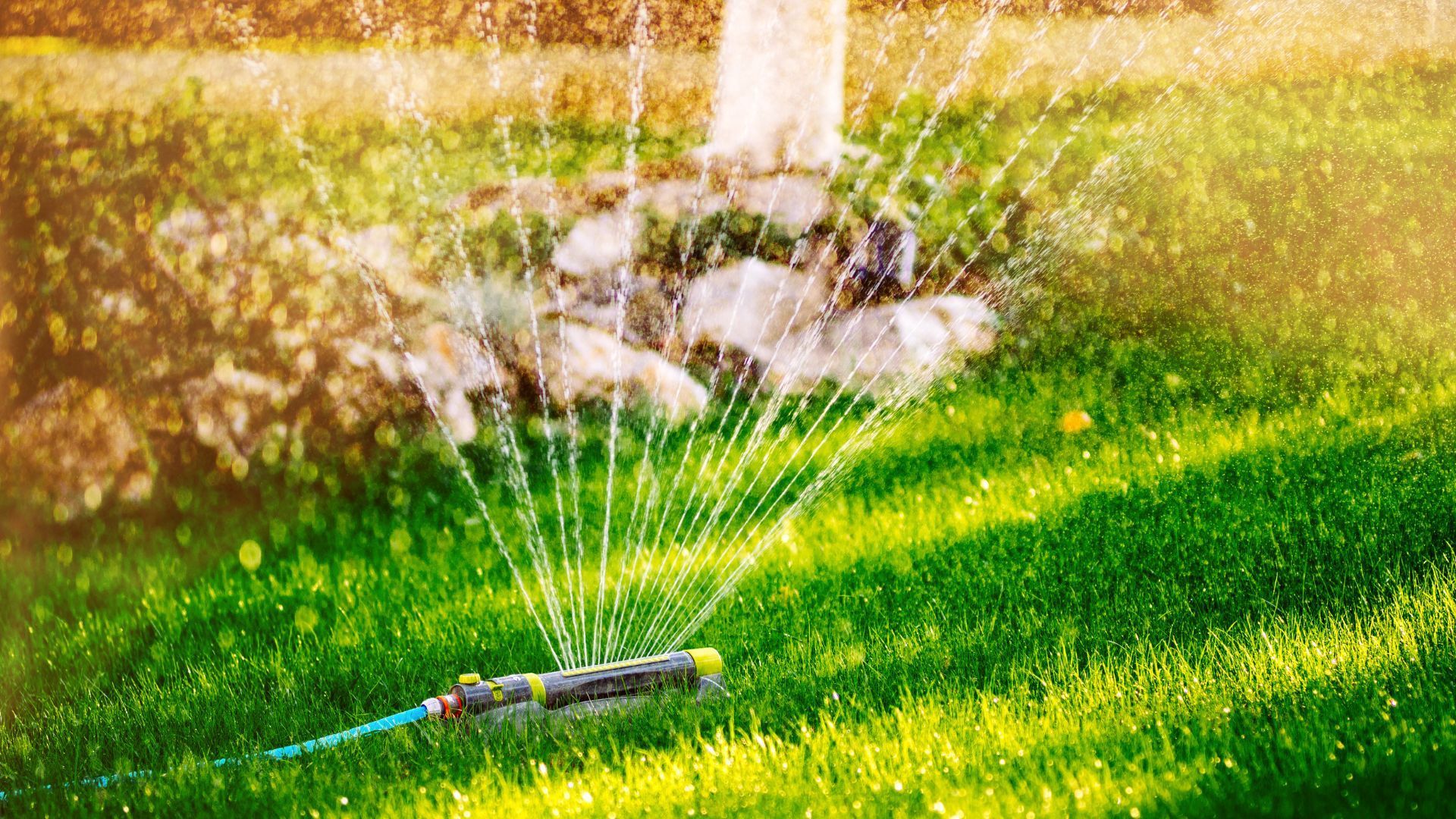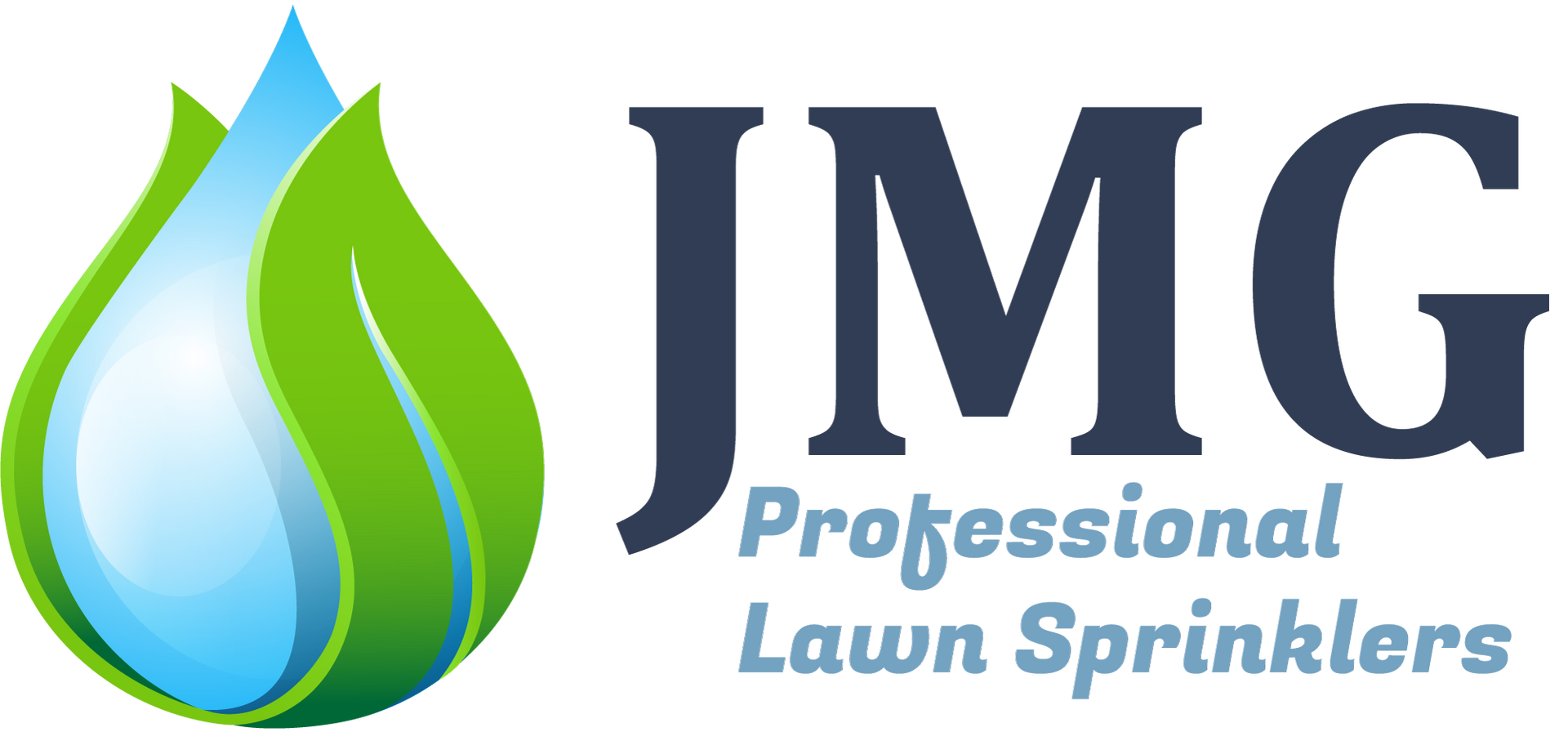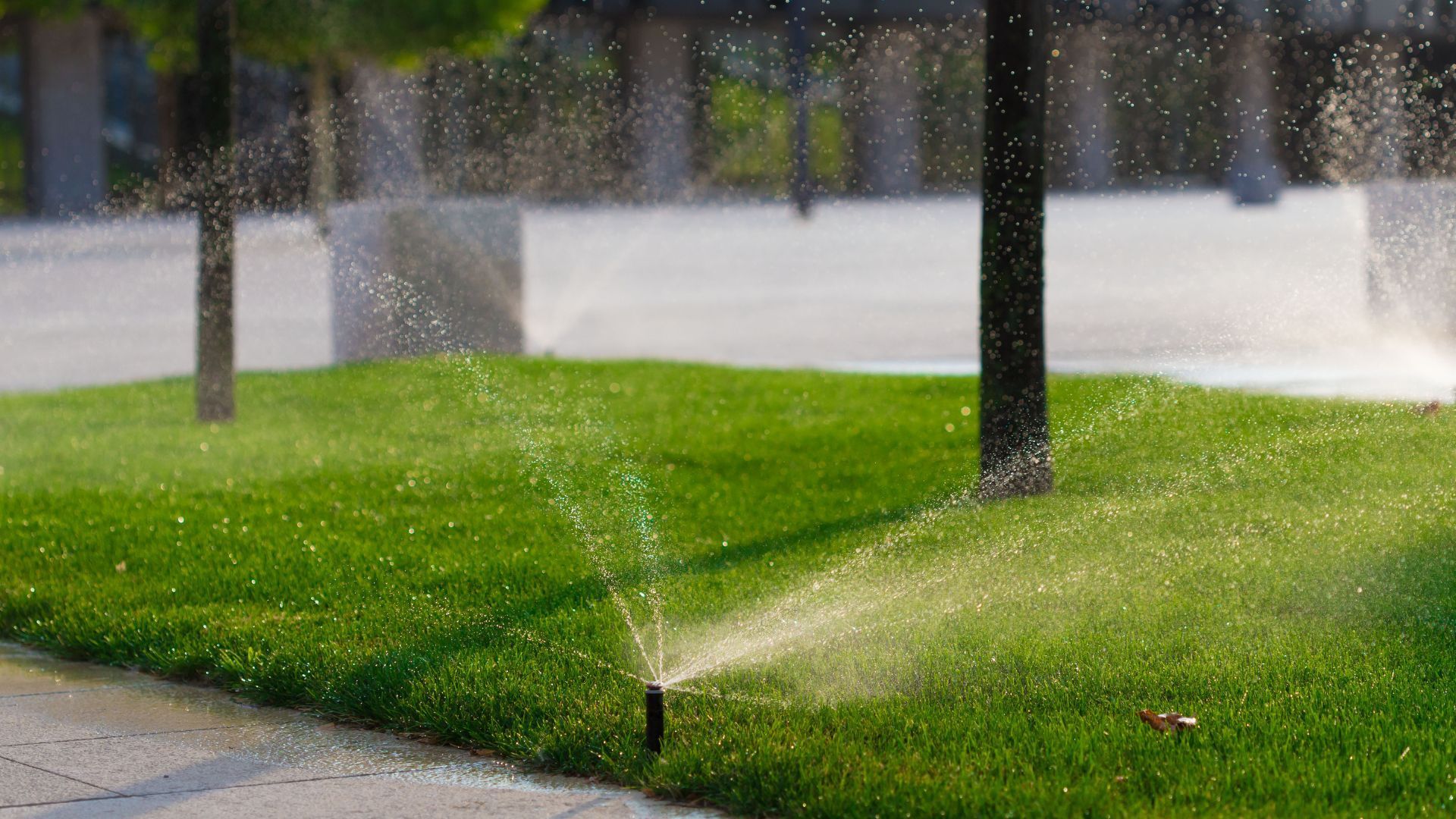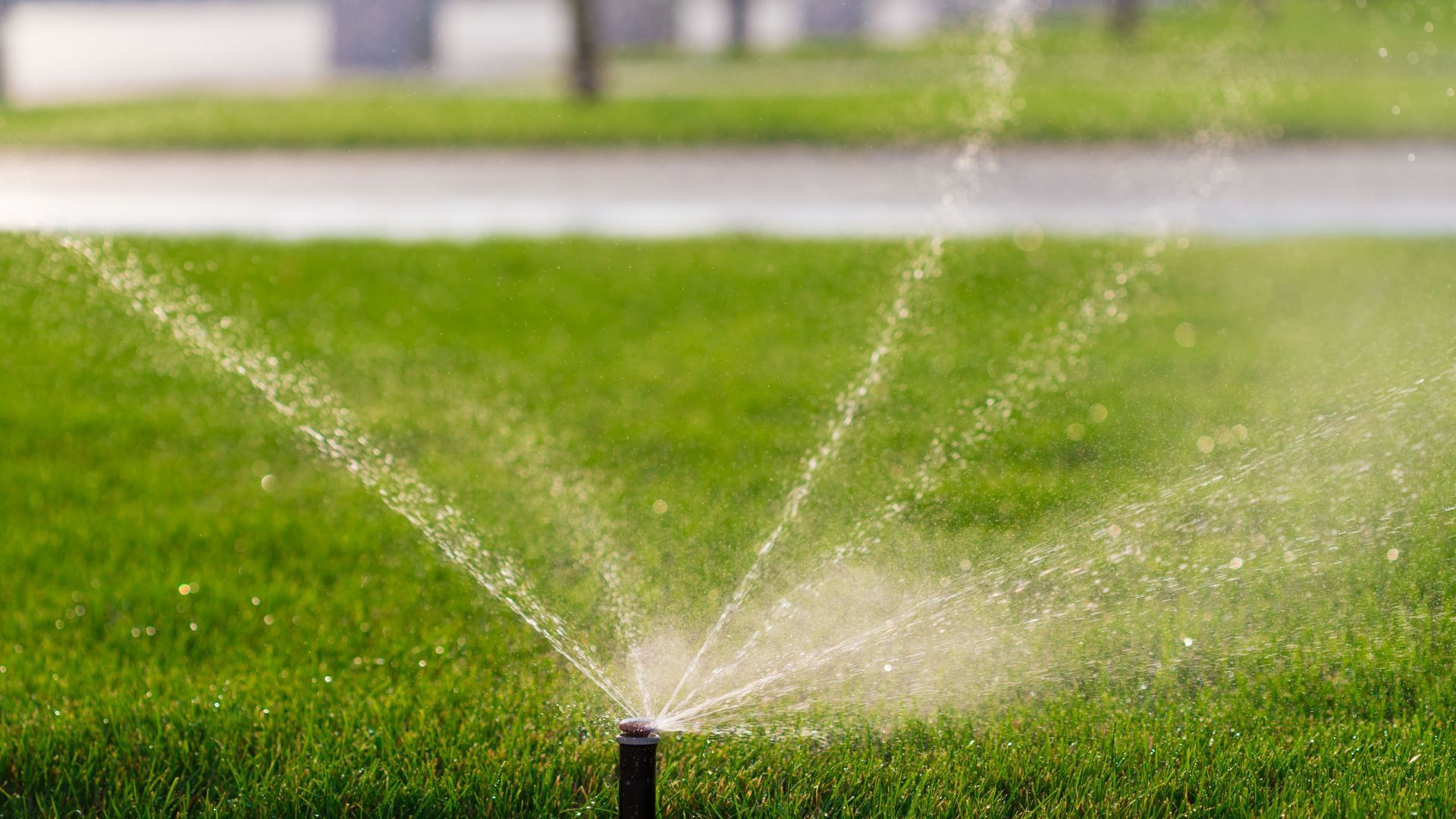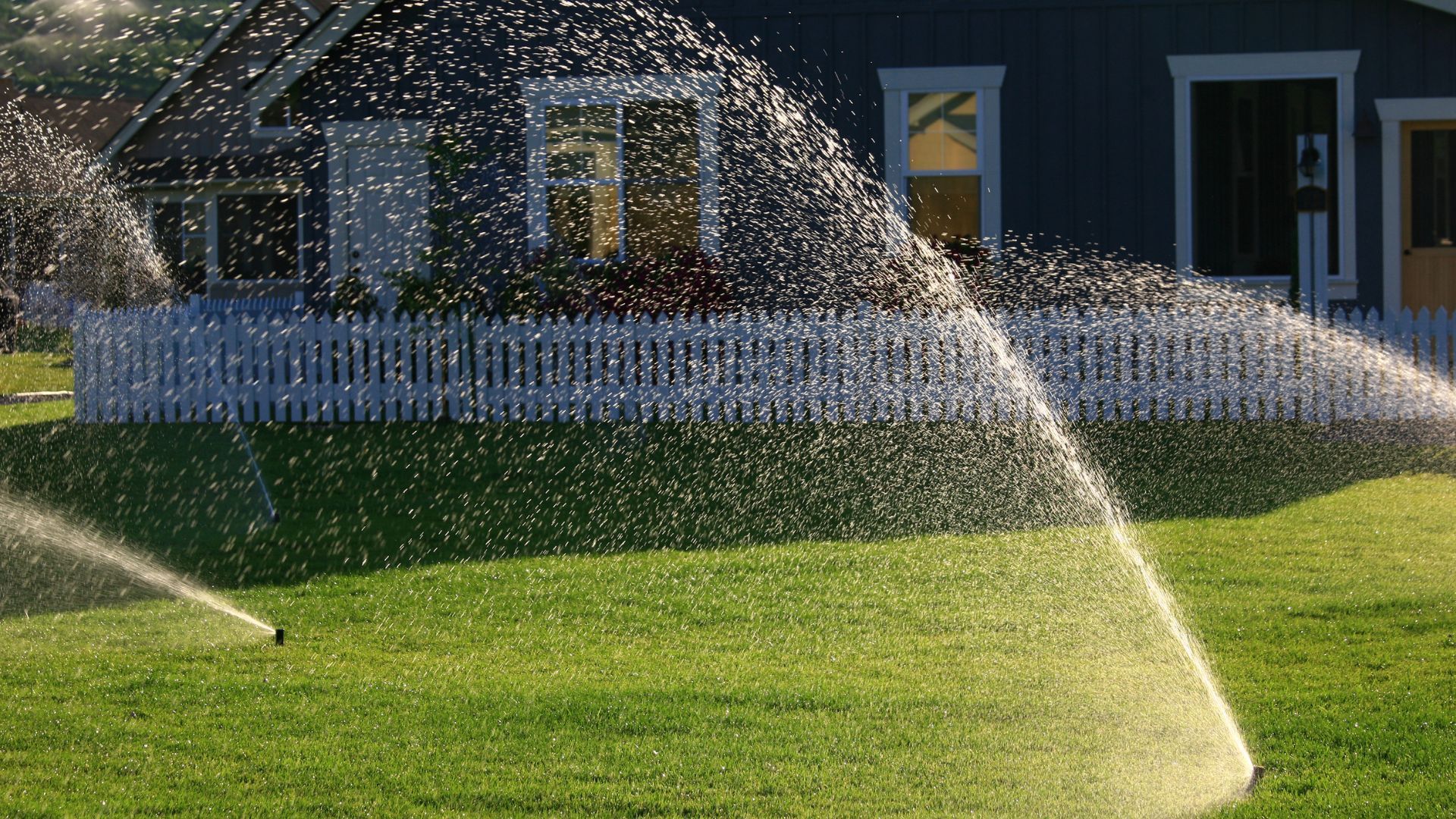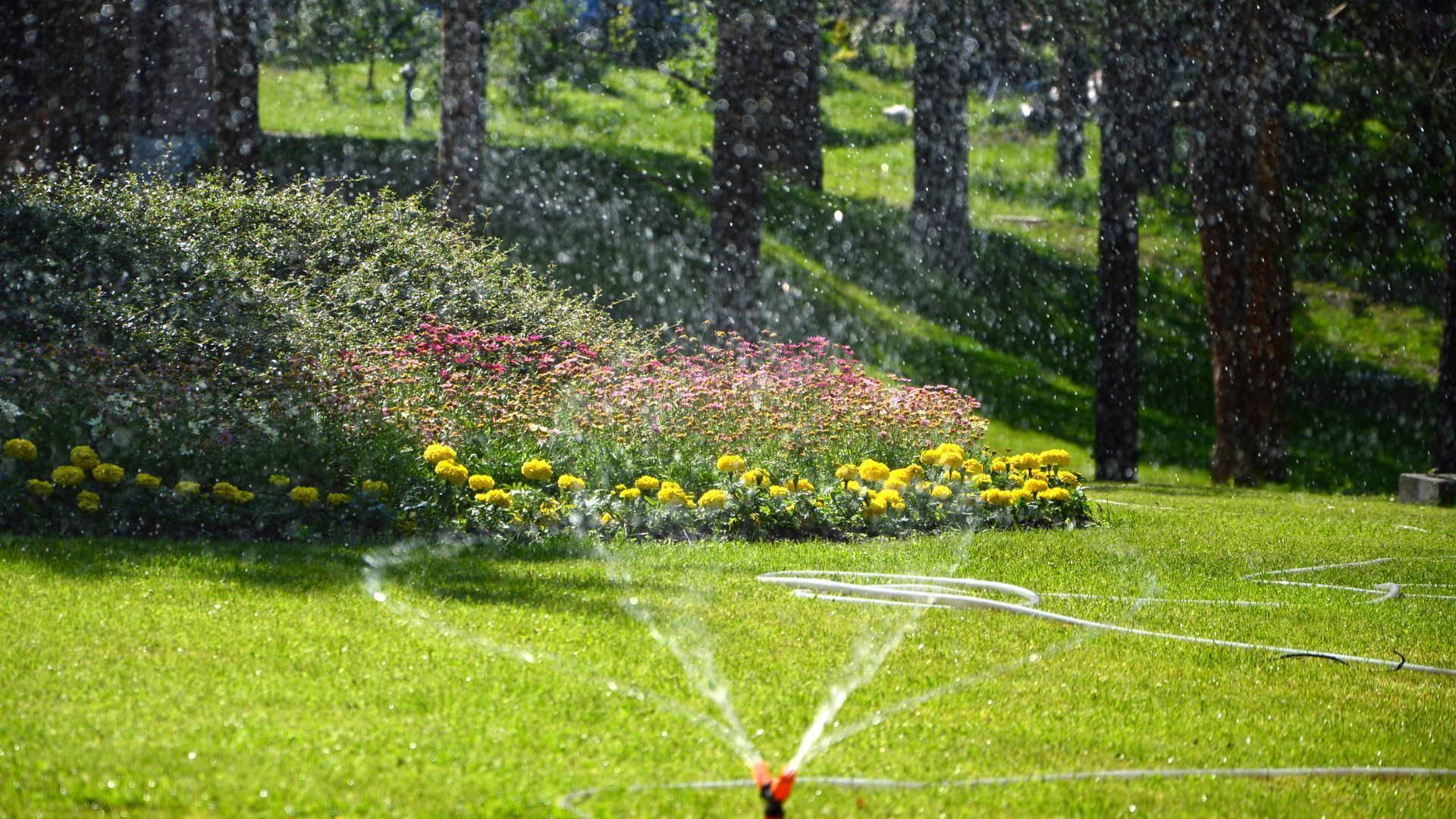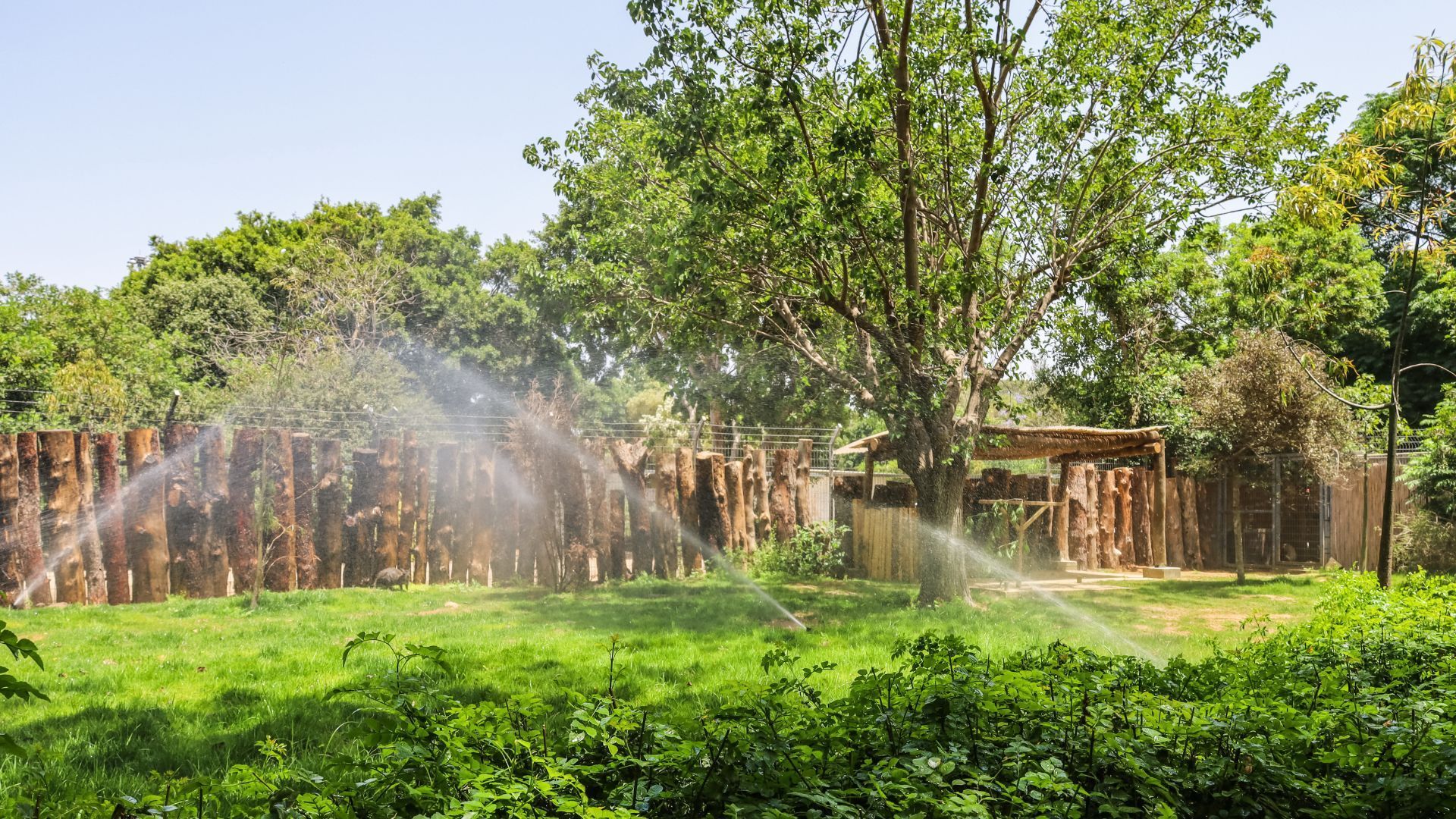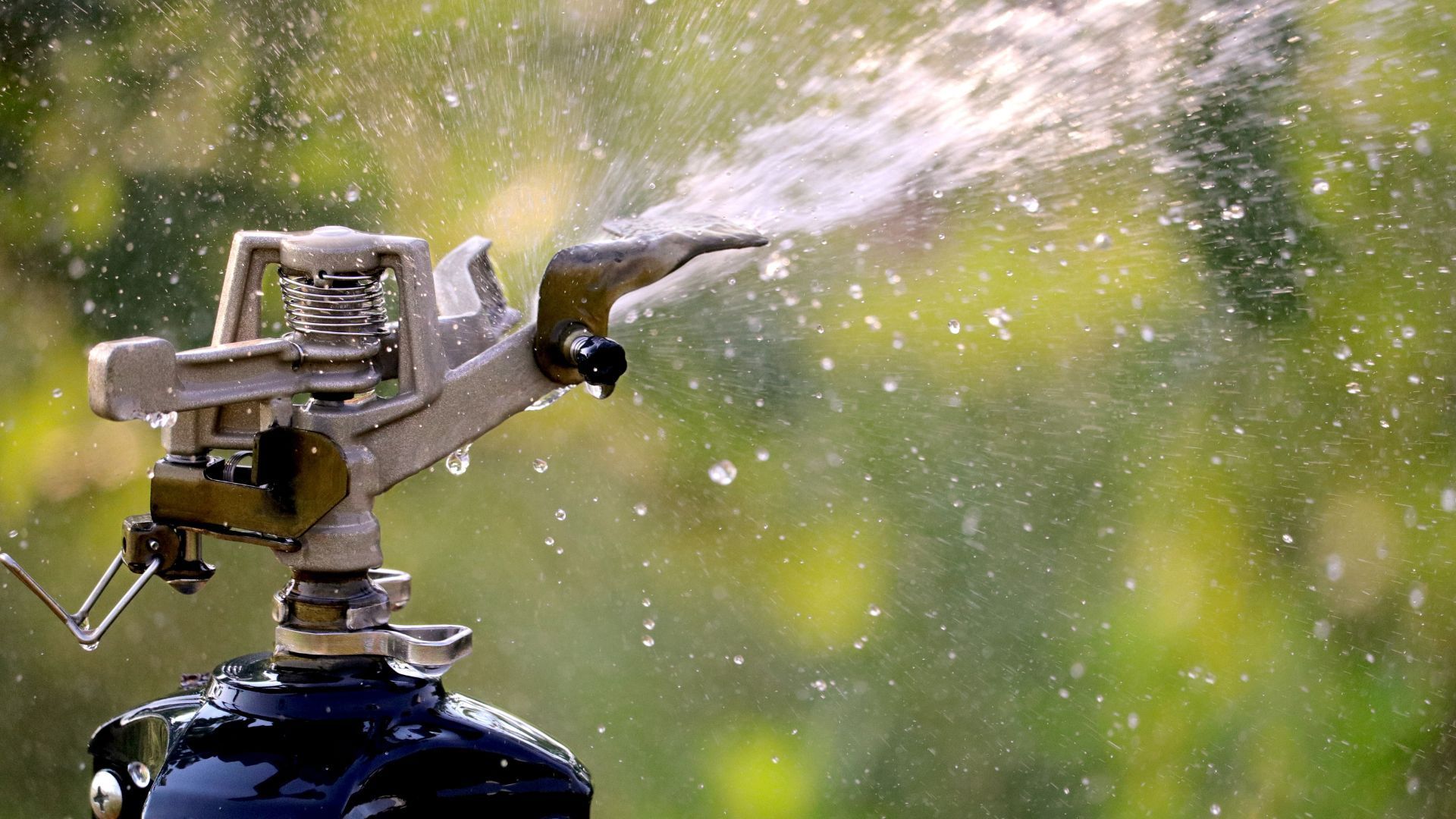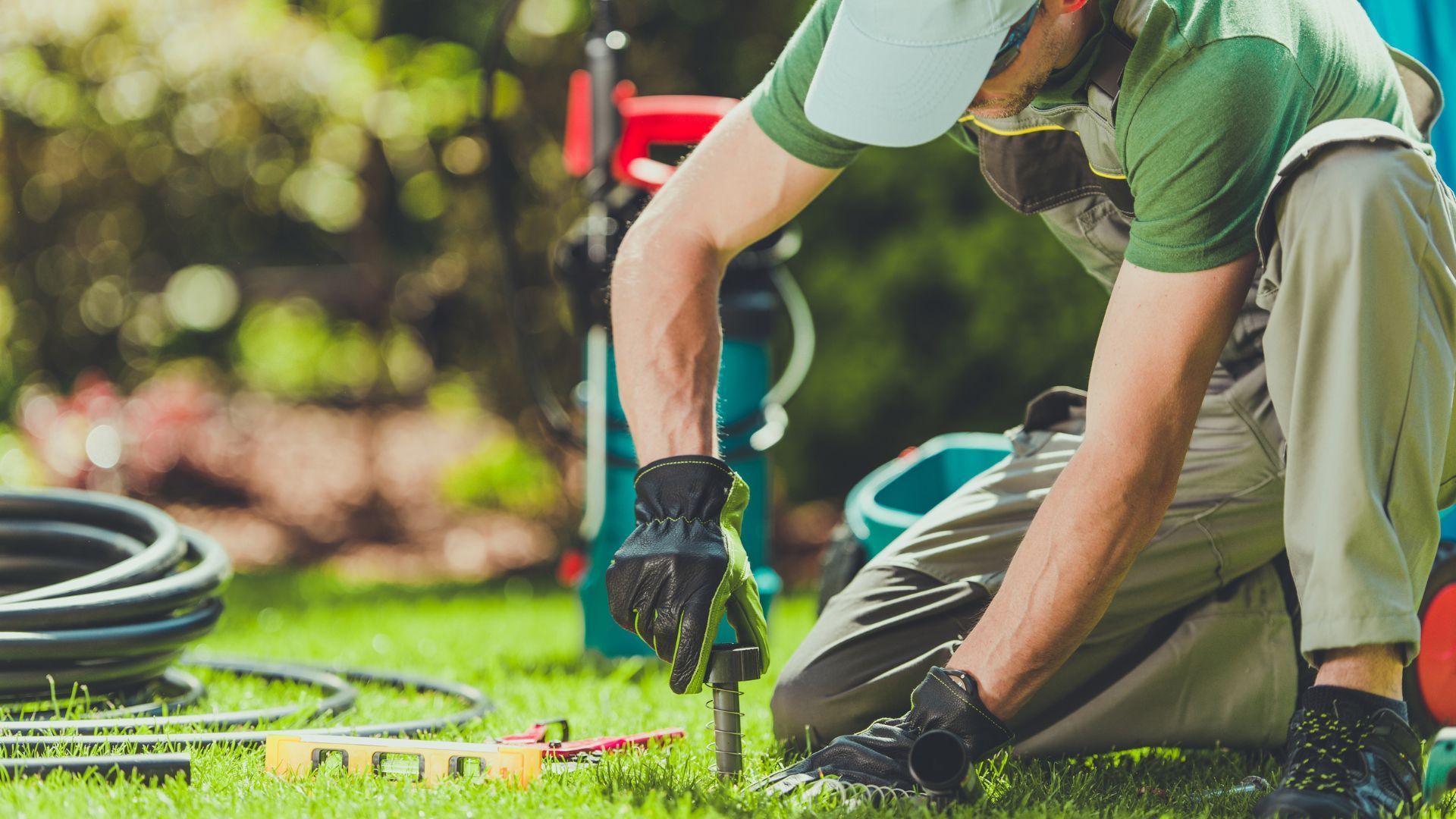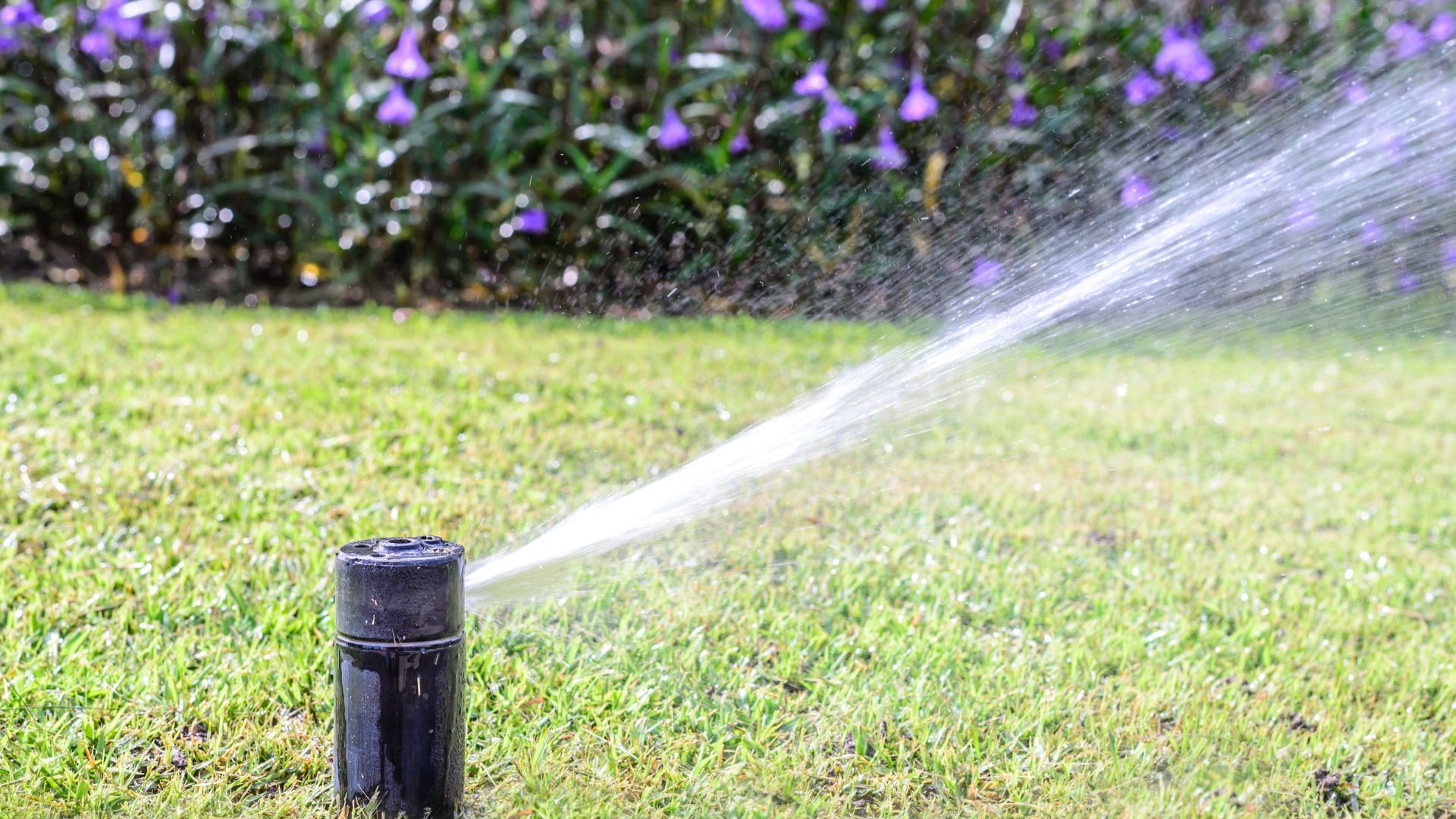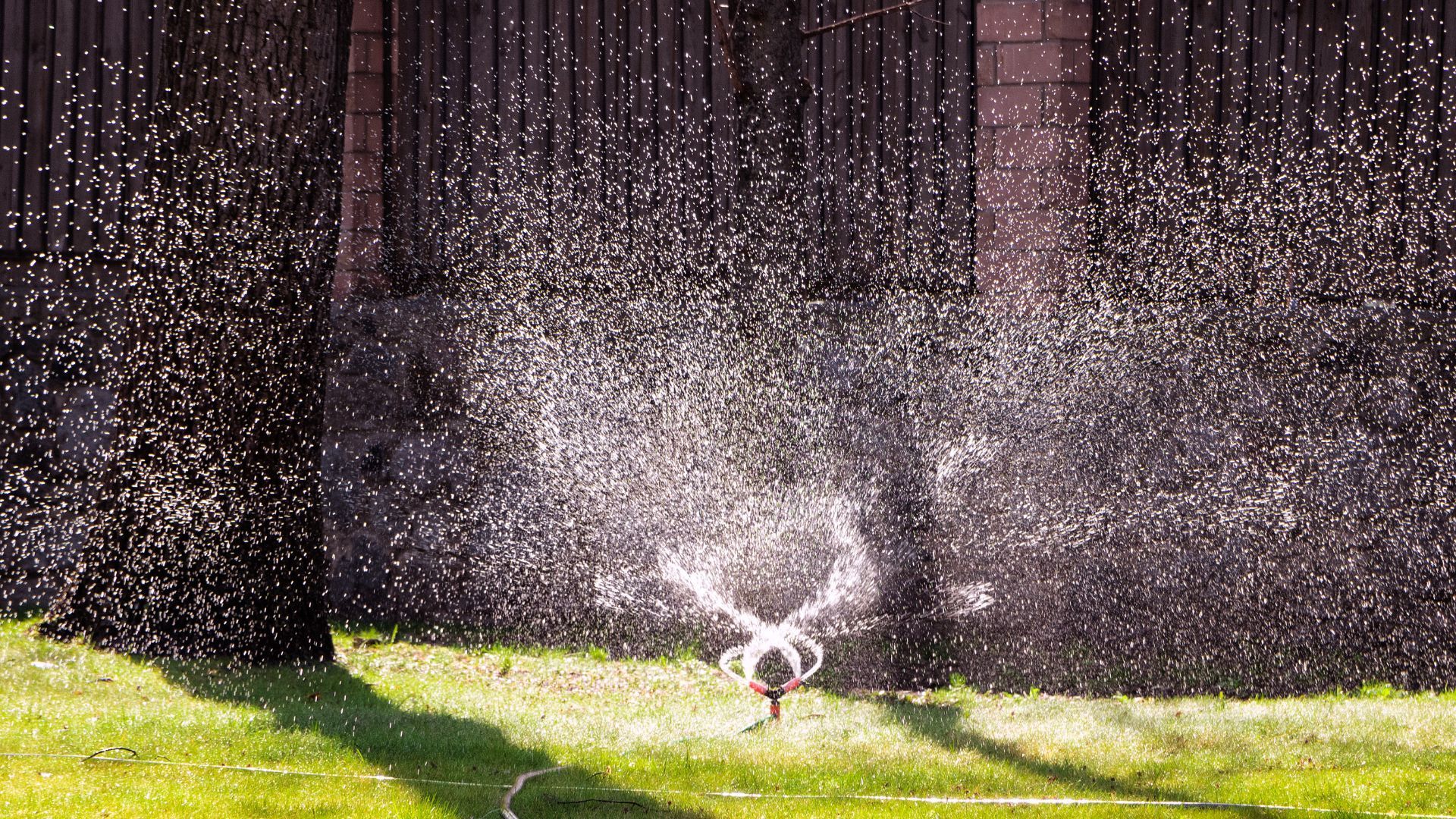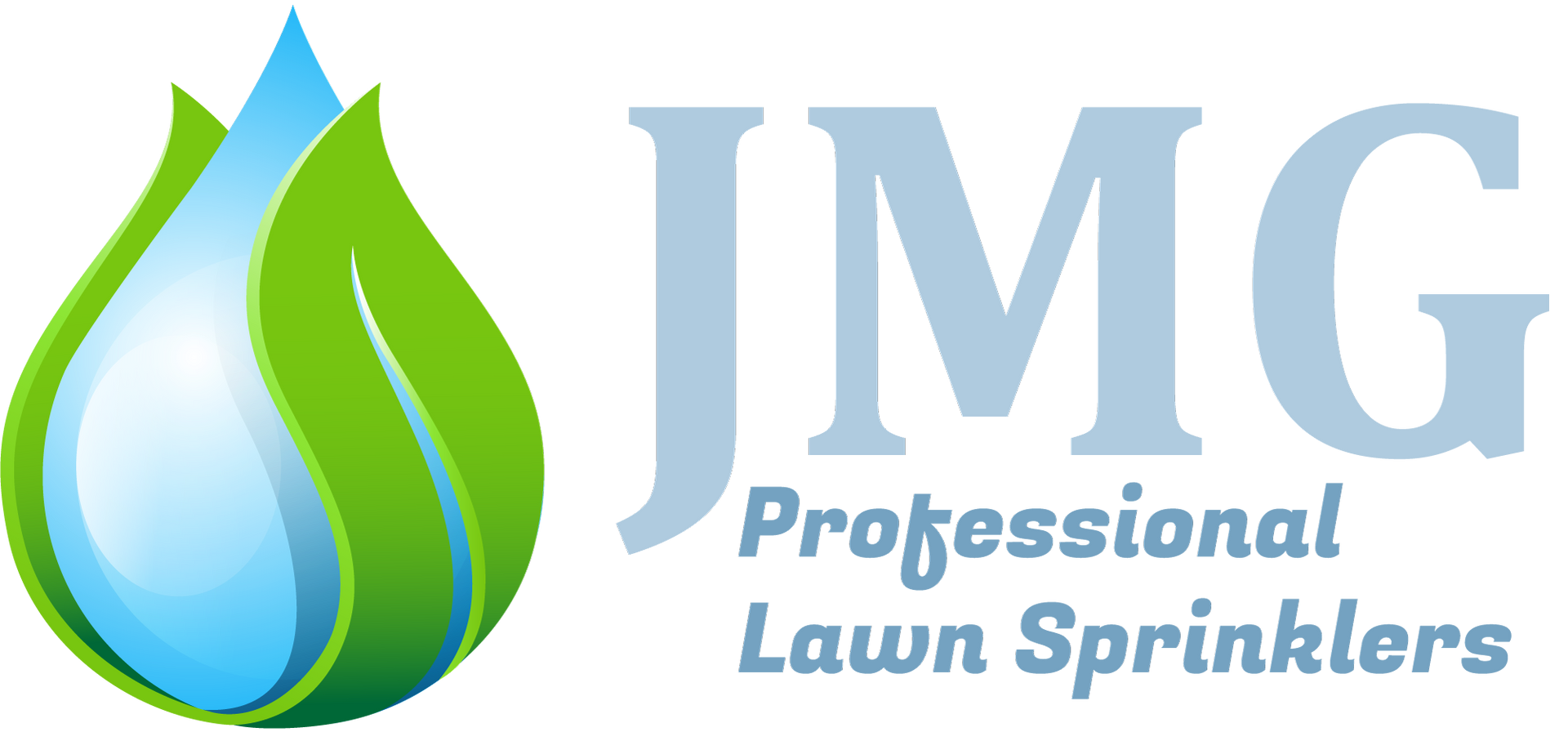Top Signs Your Rhode Island Sprinkler System Needs Immediate Repair and Attention
The proper functioning of a sprinkler system is essential for maintaining a healthy landscape, preventing water damage, and reducing water waste. In Rhode Island, homeowners and commercial property managers rely on their sprinkler systems not only for regular irrigation but also to conserve water, lower utility costs, and support local fire protection systems. When a sprinkler system shows signs of malfunction, it can lead to uneven water distribution and even damage nearby structures, such as pipes, walls, and landscape features. Issues such as leaks, low water pressure, and erratic sprinkler head behavior can affect both the health of a lawn and its structural integrity. Problems can result from mechanical failures, environmental impacts, or long-term wear and tear. It is imperative to recognize and address these issues early on before more serious complications, such as water damage or compromised fire protection systems, emerge.
In this comprehensive article, every potential indicator of a failing sprinkler system will be clearly defined. We will explore the common water waste clues, the signs that point to head performance failures, irregular pressure symptoms, operational problems in the system, and changes in landscape health that signal underlying issues. For property managers and homeowners in Rhode Island, this checklist can serve as a troubleshooting guide to determine when professional sprinkler repairs are needed. Whether you are concerned about an unexpected increase in your water bill or noticing unusual water jets and dry patches around your lawn, understanding these warning signals is crucial for maintaining system efficiency. The following sections offer detailed insights that not only help diagnose problems but also suggest when to contact professional repair services.
Let's explore the symptoms that indicate a failing sprinkler system and learn how to maintain a robust irrigation network that supports both landscape beauty and essential safety systems, such as fire sprinkler backups and emergency services.
Identifying Common Water Waste Clues Your RI Sprinkler Needs Fixing
The first indicators of sprinkler malfunction in Rhode Island include various water waste clues that are visible to any observant property owner. One major sign is the presence of puddles and soggy spots around sprinkler heads. When water collects excessively in certain localized areas, it not only wastes a precious resource but can also lead to water damage in adjacent structures. The puddles may indicate that a sprinkler head is misaligned, broken, or releasing water excessively, causing drainage issues. Such irregularities may also be linked to underlying pipe problems or even a malfunction in the system’s timer settings that causes prolonged water application.
Another clear indicator is the appearance of dry patches in the lawn, which might seem contradictory when there are obvious signs of water pooling nearby. These areas of unwatered soil show uneven water distribution and may be the result of an obstruction clogging the system or a broken head that is either overspraying one spot or failing. When water pressure is inconsistently applied throughout the landscape, the result is often a mix of overly saturated and parched areas. Uneven water distribution not only harms the uniform growth of grass and plants but can also lead to soil erosion in areas receiving too much water.
Additionally, water geysers or erratic sprays emanating from between sprinkler heads may be a further symptom of system issues. Water spurting at irregular intervals and directions signals that there might be a problem with the nozzle fittings or the internal valves of the sprinkler system, and indicates the need for mechanical inspection. This erratic behavior may lead to water being wasted on impervious areas, while vital areas of the landscape remain neglected.
Runoff along sidewalks or driveways after the watering cycle concludes is another clue that the system’s distribution is off. This runoff can accelerate the degradation of paved surfaces and contribute to slip hazards, while also providing an opportunity for water waste that could inflate the water bill. In tandem with other symptoms, unexpected increases in your Rhode Island water bill serve as a red flag that your sprinkler system is not operating as efficiently as it should. Abnormally high water bills, when compared to seasonal norms, suggest that water is being wasted due to leaks, overwatering, or malfunctioning heads.
These issues, when taken together, indicate that the sprinkler system may require a comprehensive review by a professional service. Early detection of such water waste symptoms is critical for preventing long-term damage, reducing water consumption, and ensuring that your irrigation system is functioning optimally. Proactive maintenance and swift repair of issues such as clogged nozzles, broken heads, or pressure imbalances not only improve landscape health but also help in conserving water resources and lowering monthly utility expenses.
What Are the Common Signs My Sprinkler System Needs Repair in Rhode Island Regarding Head Performance
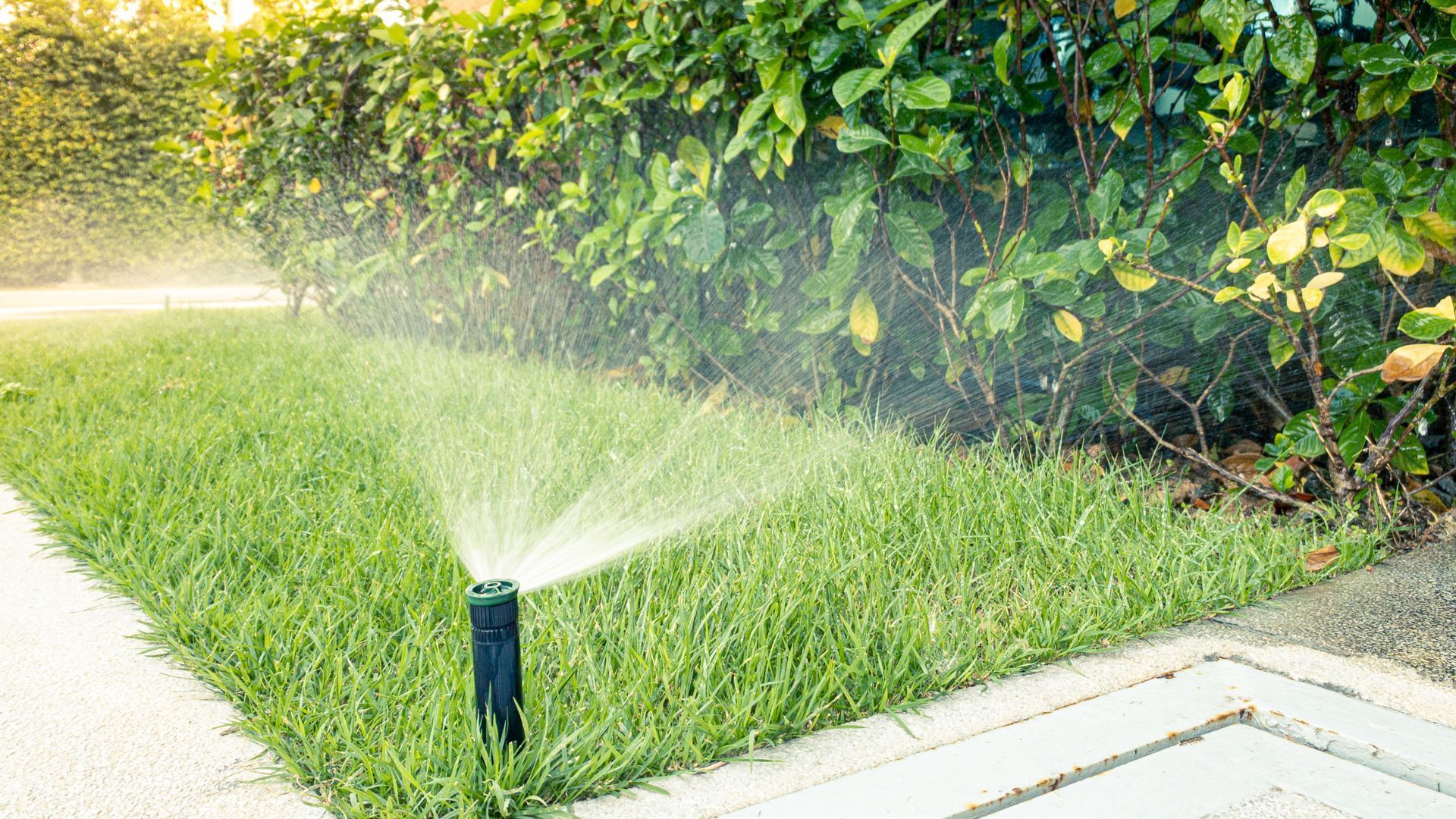
The performance of sprinkler heads is at the very heart of an efficient irrigation system. When heads do not perform as expected, it can lead to significant issues in overall water distribution and system reliability. One classic sign of needing repair is when sprinkler heads are not popping up or retracting fully. This anomaly might be due to mechanical failures, damage from lawn equipment, or debris accumulation in the mechanism. If sprinkler heads remain partially buried, water distribution becomes inefficient, leading to both overwatered and underwatered lawn sections, thus hurting the overall landscape health.
Additionally, sputtering or inconsistent spray patterns from sprinkler heads are significant indicators of malfunction. Under normal conditions, each sprinkler head should produce a consistent spray pattern that evenly covers its designated area. When the pattern becomes erratic, with intermittent jets or varying flow intensities, it suggests there may be blockages or that the nozzle is defective. Malfunctioning spray patterns not only reduce the aesthetic appeal of a well-manicured lawn but can also affect the irrigation system’s effectiveness, leading to areas receiving too much or too little water.
Broken or physically damaged sprinkler heads from impacts—such as accidental knocks by lawn mowers or foot traffic—are another clear sign that repairs are needed. Damaged heads fail to cover the intended spray radius, reducing their performance drastically. In addition to visible cracks or deformation, internal components may also be compromised, causing misdirection of water and even permanent water loss.
Clogged nozzles are a frequent culprit behind poor head performance. Nozzles can become obstructed by sediment, mineral residues, or organic debris, which in turn leads to reduced water flow and inconsistent coverage. Regular cleaning of the nozzles and periodic professional maintenance ensure that these blockages do not become chronic problems that require extensive repair work.
Leaks around the base of sprinkler heads further indicate performance issues. Such leaks might be due to worn-out seals or broken attachments and, if left unattended, can cause water to be wasted continuously and even damage the surface around the sprinkler head by softening the ground. These water leaks, when compounded over a long period, increase water bills and contribute to unsightly wet spots that may degrade the soil structure.
It is crucial for property owners in Rhode Island to monitor the performance of their sprinkler system heads closely. Regular inspections that check for correct up-and-down movement, consistent spray patterns, and integrity of the physical head can provide early warnings of system deterioration. When any of these issues are detected, prompt repair through a professional service not only restores full sprinkler function but also prevents further damage and water loss.
Ensuring optimal head performance is a key component in the overall health of a sprinkler system. Clean, intact, and properly functioning heads contribute directly to uniform water distribution, prevention of water waste, and the maintenance of healthy lawns and gardens. Thus, detecting issues early and coordinating timely repairs with experts helps maintain the balance between effective irrigation and resource conservation.
Recognizing Pressure Irregularities as Top Signs Your Rhode Island Sprinkler System Needs Immediate Repair and Attention
Pressure irregularities are another critical indicator that a sprinkler system requires immediate repair. In a well-functioning system, water pressure is steady and consistent, ensuring that all sprinkler heads receive an even flow of water. One of the most discernible signs of a problem is low water pressure, which can lead to weak sprays that fail to reach the outer edges of the irrigation zone. The resulting reduced coverage often results in dry patches and an overall under-irrigated landscape, and this inefficiency may contribute to increased runoffs in other areas.
Conversely, high water pressure is also problematic, as it can cause the sprinkler heads to mist or fog instead of producing a concentrated and crisp water stream. Excessive pressure may stem from issues such as a malfunctioning pressure regulator or an obstruction in the piping system, which forces water to exit under too high a pressure. This high-pressure issue often leads to water wastage and even physical damage to the sprinkler heads and connected components like pipes and fittings. Over time, this inconsistency not only depletes water resources unnecessarily but also compromises the overall structural integrity of the system.
Inconsistent pressure across different sprinkler zones is another clear warning sign. When some zones receive strong water pressure while others suffer from significantly lower output, it indicates that the system’s balance has been disrupted. This imbalance could be due to faulty valves, irregular pipe diameters, or even debris blocking the flow in certain areas. When water hammer noises are noticed—those abrupt, pounding sounds when the system starts or stops—this phenomenon often signals issues with pressure surges and potential damage behind the scenes. Such noises are symptomatic of flow instability that might lead to pipe bursts or further degradation of the sprinkler components.
Observable damage to pipes or fittings should also be taken seriously. Signs such as corrosion, rust, or physical deformation of pipes indicate that the system has been under stress, likely due to persistent pressure irregularities. These issues not only affect water distribution but may also jeopardize the building’s overall water infrastructure, potentially leading to serious water damage or interference with fire protection features like fire sprinkler systems.
Regularly monitoring your sprinkler system’s water pressure is an integral part of preventative maintenance. Advanced systems might even incorporate sensors that warn you of irregular pressure levels in real-time. Both low and high-pressure problems should be evaluated by professionals promptly. Utilizing a dedicated emergency power system during repairs ensures that irrigation remains functional even as the system undergoes servicing, minimizing landscape disruption.
In conclusion, recognizing pressure irregularities early on allows for timely repairs that restore the system to optimal performance. Whether you are experiencing weak sprays or erratic misting patterns, addressing these pressure issues swiftly prevents not only water waste but also further damage to system components. With consistent oversight and professional interventions, property owners can ensure that their sprinkler systems remain efficient, safe, and effective in meeting both landscaping and fire protection needs.
System Operational Failures Demanding Prompt Sprinkler Service in Rhode Island
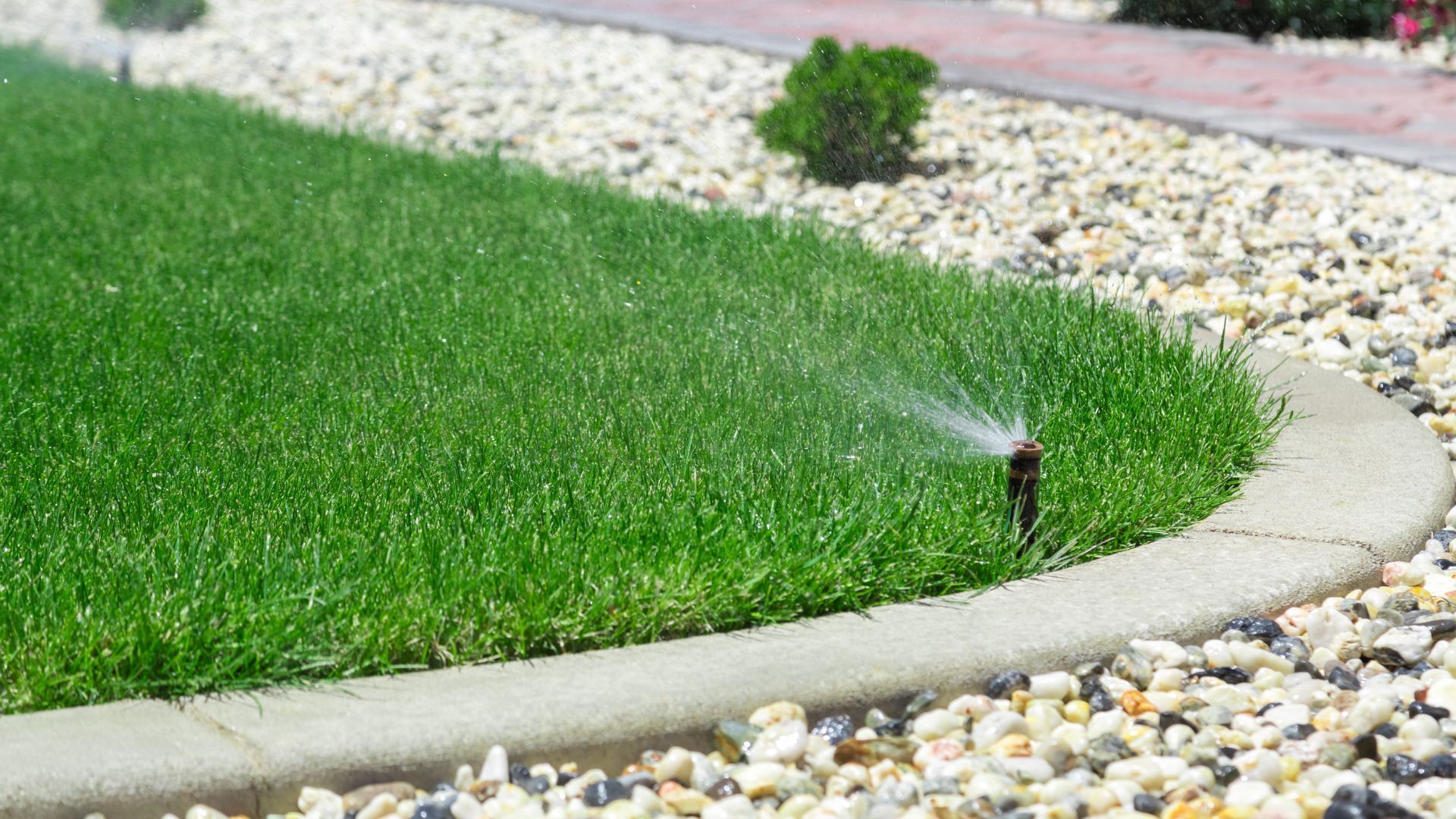
Beyond the physical signs of water waste and performance shortcomings, operational failures within the sprinkler system often call for immediate attention. One of the most concerning issues is when the sprinkler system is simply not turning on as scheduled. In many instances, digital controllers or timers may fail due to electrical issues, firmware glitches, or even simple wiring problems. If the system fails to engage at its programmed times, the entire irrigation schedule becomes disrupted, leading to both water waste and inadequate lawn care. During the peak watering seasons in Rhode Island, any delay or inconsistency in system activation can result in significant landscape damage and water stress on plants.
Additionally, frequent malfunctions in the system’s zoning can signal the need for professional intervention. When certain zones fail to activate or switch correctly, it might be due to faulty relays or underlying circuitry issues. For example, if one area of the property continuously runs while another remains dormant, this points to a control system error that requires diagnostic attention. Controllers that display persistent error messages or malfunctions often indicate system-wide faults that need to be resolved urgently. Such issues may be compounded during emergency service calls when rapid irrigation is needed to mitigate hazards like frost or extreme heat.
Moreover, a continuous running of one or more sprinkler zones is not only inefficient, but it also puts undue pressure on other segments of the system. This constant activation can lead to premature wear of critical components, increasing the likelihood of leaks and pipe damage. Electrical problems, such as intermittent power supply or faulty wiring, are often the underlying causes behind these abnormalities. When wiring issues lead to an intermittent or erratic operation of sprinkler zones, it becomes harder to predict water usage and maintenance needs, thereby complicating landscape management further.
Another operational concern arises when the control system’s diagnostic capabilities are compromised. A modern sprinkler system is typically integrated with sensors, timers, and even mobile app controls, all designed to optimize water usage and minimize waste. When any of these components malfunction, the system may not maintain its programmed schedule, leading to random, unpredictable water dispersal. In such cases, manual troubleshooting might not be sufficient, and a comprehensive service check from a professional technician from the local fire department or an emergency service provider may be warranted.
Overall, system operational failures are complex because they combine both digital and mechanical inadequacies. Each fault—from control panel errors to persistent electrical shorts in the wiring—requires targeted repair. In the context of Rhode Island’s often unpredictable weather conditions, ensuring that the sprinkler system is running on schedule, zone by zone, is even more critical to both landscape health and overall home safety. Homeowners should not hesitate to schedule a professional inspection if their system exhibits these operational anomalies, as a delay in addressing these issues could lead to compounded water damage and increased repair costs over time.
Landscape Health Changes Signaling RI Sprinkler System Troubles
One of the most subtle yet critical indicators of sprinkler system issues is changes in overall landscape health. When a sprinkler system malfunctions, the condition of the lawn and garden can provide valuable clues that something is amiss. Brown or yellowing lawn areas, despite regular watering, can signal that the system is not distributing the water evenly or that it is overwatering some regions while neglecting others. Such discoloration may lead to mirroring of other symptoms across the property – for instance, while some patches become saturated and start showing nutrient leaching, others may become arid and vulnerable to drought stress.
Wilting plants near sprinkler coverage zones are another landscape symptom that should not be ignored. Even when water is applied, if the water is not reaching the plant roots effectively due to malfunctions in the sprinkler head or inconsistent pressure issues, plants may show signs of dehydration. Besides wilting, the development of fungus growth or the sudden appearance of mushrooms in overwatered areas can indicate chronic moisture retention. Such excess moisture not only harms the plant's root systems but also alters the soil pH and nutrient balance, compounding the irrigation problem.
Soil erosion around sprinkler heads or on sloped areas is another red flag. When water is released at too high a pressure, or if a head is malfunctioning, the unwanted force of water can wash away soil, leading to bare patches and potential damage to underground pipes. This erosion not only threatens plant stability but also creates an uneven substrate that further disrupts water distribution. In many cases, the soil erosion observed is localized around the base of deteriorating sprinkler heads and should prompt an inspection of the underlying mechanical components.
Observing changes in plant vigor and overall landscape appearance can be particularly telling. In a perfectly functioning system, plants will exhibit uniform, healthy growth. When some segments of the yard consistently show signs of stress while others do not, it suggests that the sprinkler system is failing to provide balanced irrigation. This disparity might be due to issues like clogged nozzles, misdirected sprinkler heads, or even pressure imbalances that prevent the water from reaching certain areas adequately.
Moreover, landscape health is intricately linked to water management practices, and continuous monitoring allows homeowners to catch issues early. Properties that display signs of water damage, such as waterlogged patches or unusual algae growth in drainage areas, often point to persistent irrigation problems. Addressing these issues promptly by scheduling a sprinkler system inspection can prevent further plant deterioration and reduce the likelihood of irreparable soil damage. Such maintenance is crucial not only for the aesthetic value of the property but also for reducing water waste and ensuring that the lawn remains an asset rather than a liability.
With careful observation and periodic professional inspections, homeowners in Rhode Island can manage landscape changes proactively. Early identification of watering discrepancies translates into timely repairs, thereby maintaining the health and longevity of both plants and the irrigation system. Investing in system diagnostics, regular maintenance, and quality repairs helps ensure that visual cues from the landscape remain an effective gauge of overall sprinkler efficacy.
When to Seek Immediate Professional Sprinkler System Attention in Rhode Island
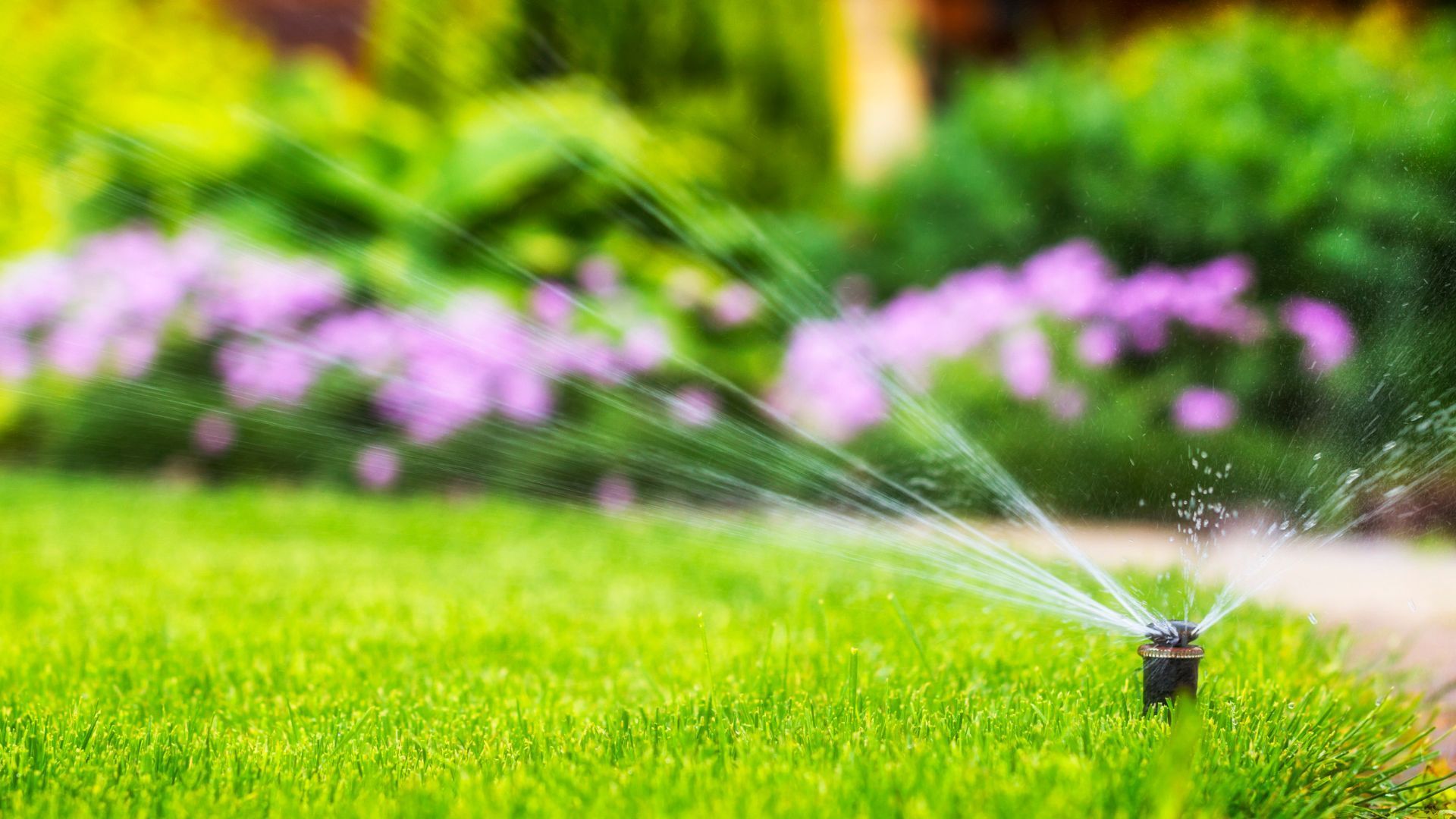
While some sprinkler system issues can be addressed with routine maintenance and do-it-yourself fixes, there are certain circumstances that clearly require the intervention of a professional. Among the most urgent signs is the presence of significant leaks that you cannot stop on your own. These leaks may indicate a major system failure or broken pipes that, if left unattended, could result in severe water damage to the basement, walls, or surrounding landscape. Persistent leaks not only waste water inefficiently but may also compromise critical safety systems that depend on regulated water pressure and consistent operation—such as emergency fire sprinkler systems, fire pumps, and even the operation of sensors used in contemporary irrigation setups, ensuring that every room and outdoor area is properly maintained.
Electrical problems within the sprinkler system also demand immediate attention. In many modern installations, a digital controller, sensors, and wiring are integrated to create an automated system that turns on and off based on preset timers or environmental triggers. When you encounter issues such as flashing error messages on your controller, unexpected system shutdowns, or any signs of short-circuits and wiring damage, it is a clear indication that a professional repair is necessary. Not only does this prevent further damage to expensive equipment, but it also safeguards against potential hazards such as electrical fires or inadvertent system activation during high-demand periods.
Multiple malfunctioning sprinkler heads or zones are another explicit cue that your system is no longer operating safely or efficiently. When a pattern of failures emerges—such as several heads stuck in the upward position or zones that continuously run without shutting off—the root cause may be systemic damage or long-term wear and tear. In these cases, comprehensive diagnostics and targeted repairs carried out by experienced technicians become essential. Failing to address widespread problems increases the risk of larger failures that might impair the overall integrity of the irrigation system and even affect building safety by compromising related infrastructure like landscape lighting systems or the emergency power system.
Preparation for seasonal changes or prolonged absence is yet another scenario when immediate professional sprinkler attention is warranted. Before the harsh winter months or during the times when the property is unoccupied, ensuring that the sprinkler system is functioning correctly is crucial to prevent unforeseen failures, pipe bursts, or even inadvertent water waste. Warmer months and heavy rainfall can exacerbate latent problems that go unnoticed until they cause significant damage. Efficient pre-season maintenance checks help mitigate these risks, ensuring that the system is well-prepared for the impending environmental challenges.
In sum, when observable signs such as significant leaks, electrical issues, multiple head failures, or persistent operational anomalies occur, it is important to seek quick, professional sprinkler system service in Rhode Island. The benefits of prompt repairs extend beyond water conservation—they also protect property values and ensure compliance with local fire safety and building code regulations. A well-maintained sprinkler system not only nurtures a vibrant landscape but also serves as an integral component of the broader infrastructure, supporting safety systems and emergency services.
Frequently Asked Questions
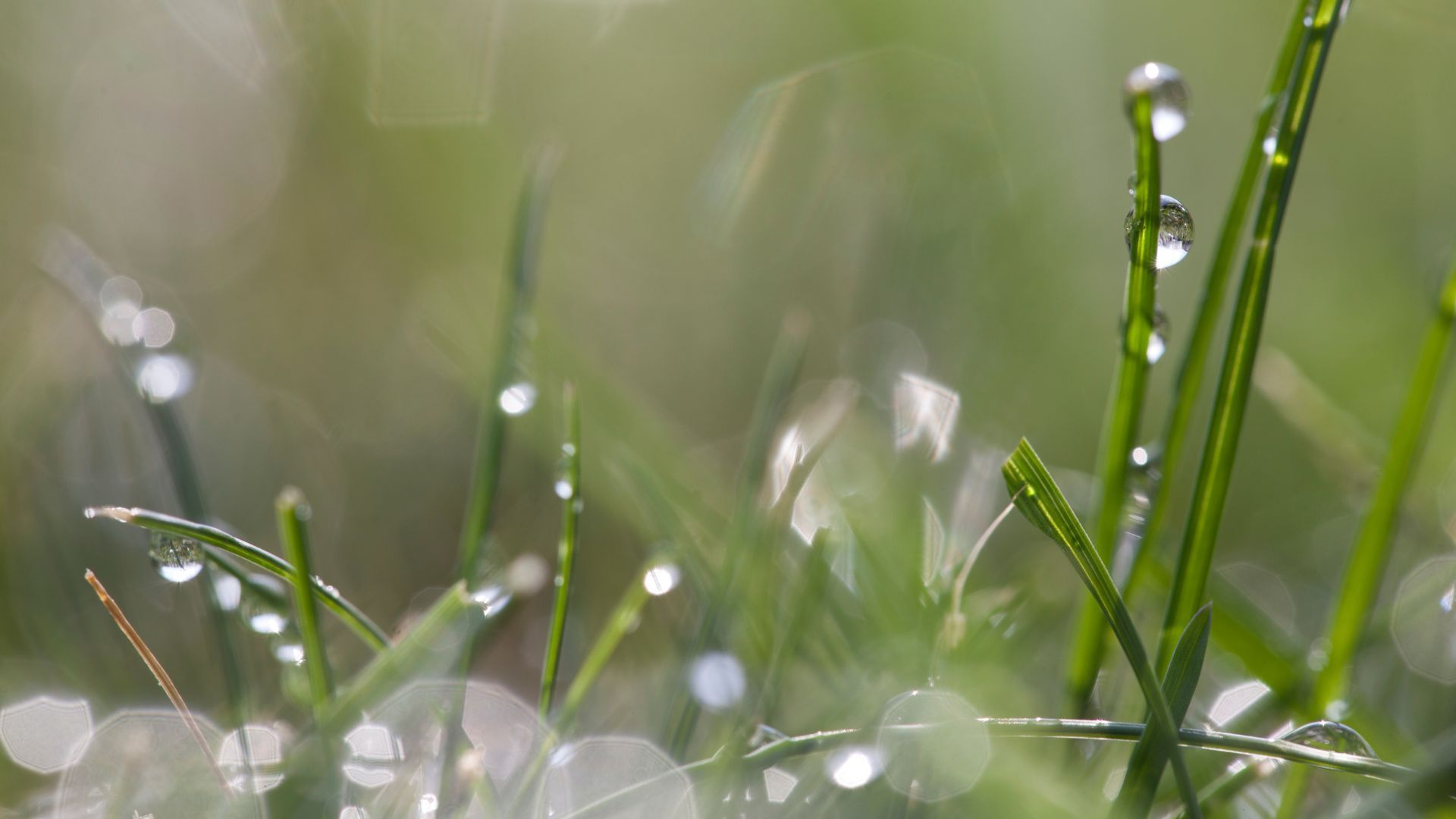
How can I identify if my sprinkler system is wasting water?
Look for uneven water distribution patterns such as puddles, soggy spots, and dry patches around sprinkler heads. These symptoms indicate that some heads may be broken or misaligned, leading to inefficiency and increased water bills.
What are the signs that sprinkler heads are malfunctioning?
Common signs include sprinkler heads that do not pop up fully, sputtering or inconsistent spray patterns, physical damage from impacts, clogged nozzles, and leaks at the base. Such issues disrupt water distribution and call for professional repairs.
Why is water pressure important for my sprinkler system?
Stable water pressure ensures that all sprinkler heads receive sufficient water for even distribution. Low pressure leads to weak sprays, while excessively high pressure can cause misting and damage pipes, resulting in both water waste and potential structural damage.
When should I call a professional for my sprinkler system?
Immediate professional assistance is recommended when you notice significant leaks, electrical malfunctions, multiple heads failing simultaneously, or persistent system operational issues, especially before seasonal changes or prolonged absences.
Can landscape health indicate sprinkler system issues?
Yes, changes such as brown or yellowing lawn areas, wilting plants, fungus growth, soil erosion, and uneven plant vigor are direct indicators that your sprinkler system may be malfunctioning, leading to both overwatering and underwatering in different zones.
Do pressure irregularities require professional inspection?
Absolutely. Pressure issues, whether low or high, cause erratic water distribution and mechanical damage over time. Professional evaluations can address pressure imbalances, safeguard the system, and prevent further damage.
What preventive maintenance can I do to avoid major sprinkler issues?
Regular inspections, cleaning sprinkler heads, checking for clogged nozzles, monitoring water pressure, and scheduling seasonal servicing can help prevent major failures. However, if any significant issues arise, call a professional immediately.
Final Thoughts
Maintaining an efficient sprinkler system in Rhode Island is critical for preserving both your landscape and structural integrity. Recognizing signs such as water waste, malfunctioning heads, pressure irregularities, operational failures, and changes in landscape health empowers property owners to act quickly. Proactive maintenance not only prevents water damage and excessive utility costs but also ensures that essential safety systems, such as fire protection and emergency services, remain reliable. Taking action today by securing a professional inspection can offer peace of mind and sustainable savings in the long run.
